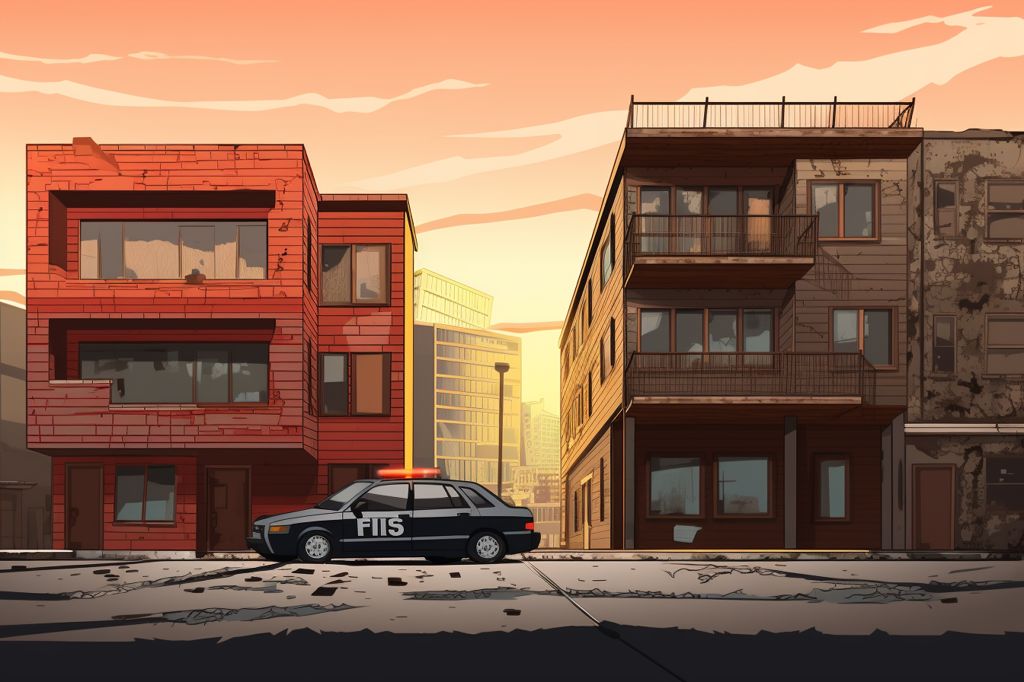The presence of dilapidated and abandoned buildings in urban landscapes has become a global challenge for city authorities. To address this issue, the City’s Problem Building Unit (PBU) was established to enforce the Problem Property By-law 2020. The PBU has made significant strides in the past year, declaring 48 new problem buildings, investigating an average of 236 active cases, and initiating legal proceedings against 28 property owners.
The PBU’s Primary Objective
The PBU’s primary objective is to identify, respond to complaints, and manage deteriorating and potential problem buildings. The unit’s staff is guided by the Problem Property By-law when handling potential problem buildings. Typically, a compliance notice is issued first, and if the owner fails to respond, further action is taken, such as declaring a problem building, instituting a tariff charged to the owner’s municipal account, or pursuing legal action to compel the owner to act.
Greater Flexibility Granted
The Problem Property By-law was amended in 2020 to grant the PBU greater flexibility in addressing these issues. Mayoral Committee Member for Safety and Security, Alderman JP Smith, expressed his satisfaction with the amendment and the encouraging results obtained. He cited the increase in staff complement and greater public awareness as contributing factors to the unit’s success.
Significant Progress in PBU’s Performance
Comparing the 2021/22 and 2022/23 financial years, significant progress is evident in the PBU’s performance. In the former year, the unit tariffed 336 properties, closed 77 cases, maintained an average caseload of 438, and declared 21 problem buildings. In contrast, in the latter year, the unit tariffed 334 properties, closed 293 cases, maintained an average caseload of 236, and declared 48 problem buildings.
Successes and Challenges
Some notable successes of the PBU include the sale in execution of a problem property in Steenberg and the appointment of an administrator for a property in Hanover Park. However, challenges persist, such as properties abandoned by their owners, deceased estates, and properties subjected to illegal occupation. Nevertheless, the amended by-law allows officers to approach the High Court for possible evacuation, eviction, or administrator orders.
The Importance of Reporting
Alderman Smith reminded the public that addressing problem buildings is a time-consuming process, and officers must act in accordance with the by-law. He emphasized the importance of residents reporting potential problem buildings promptly, enabling the unit to act swiftly and limit the impact on the neighborhood. The Problem Property By-law mandates that law enforcement officers can only act once a neighbor or affected party has officially lodged a complaint against the owner of a potential problem building. This ensures a regulated process for addressing such issues.
Maintaining Healthy Living Environments
As urbanization continues to grow, tackling the issue of problem buildings remains vital for the well-being of communities and the aesthetics of cityscapes. The City’s Problem Building Unit’s consistent progress exemplifies the importance of effective legislation, public awareness, and dedicated staff in addressing these challenges and maintaining urban environments conducive to healthy living.








